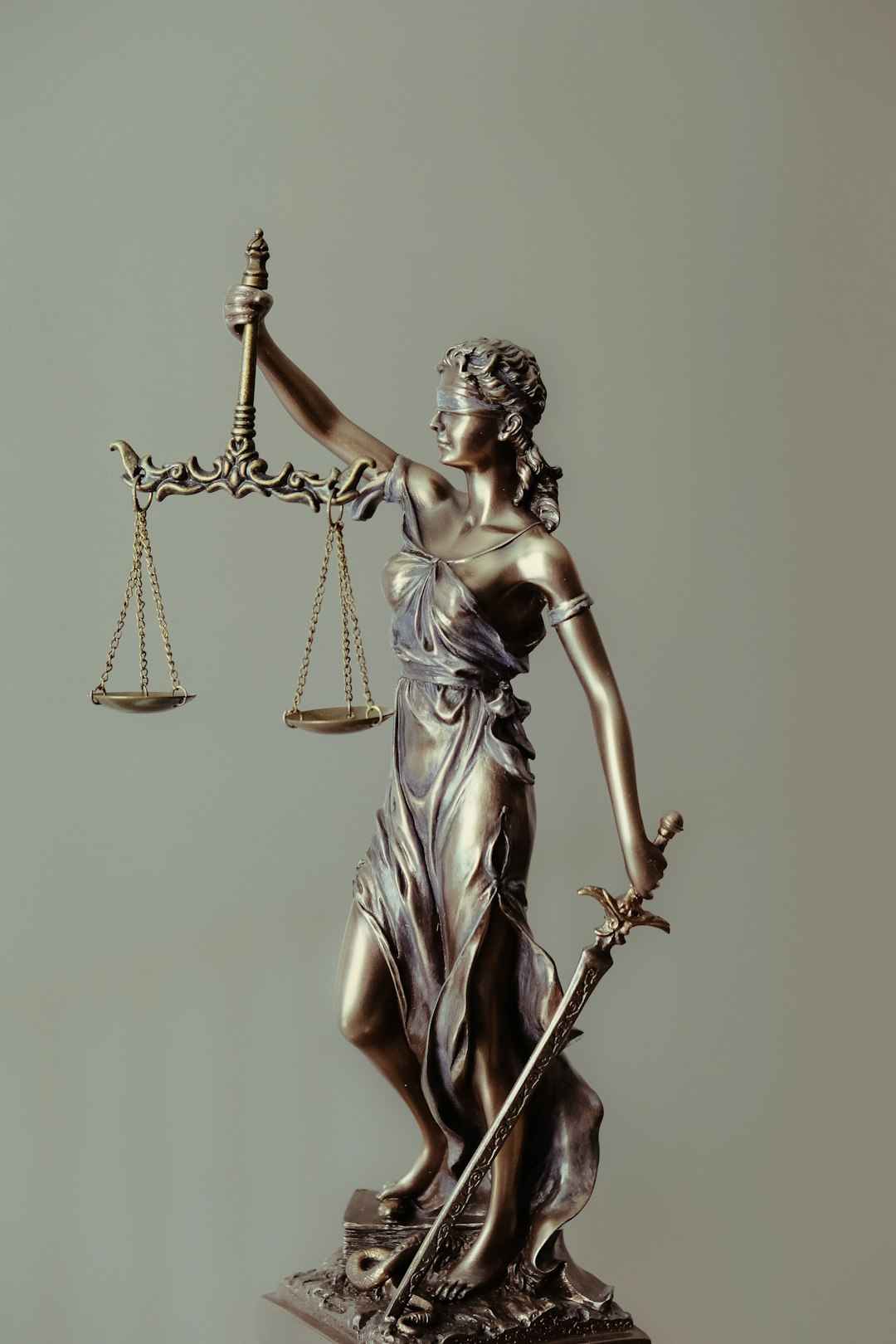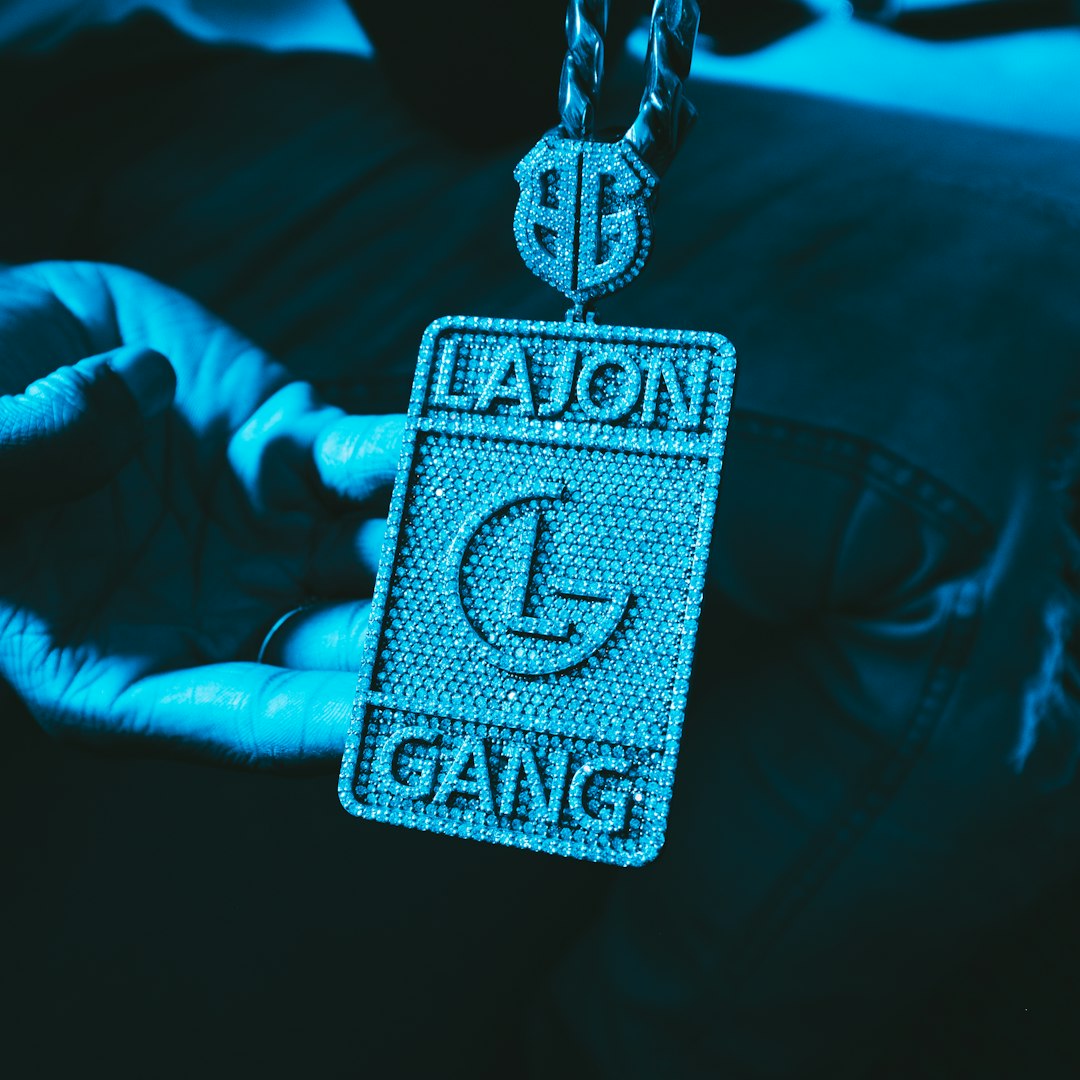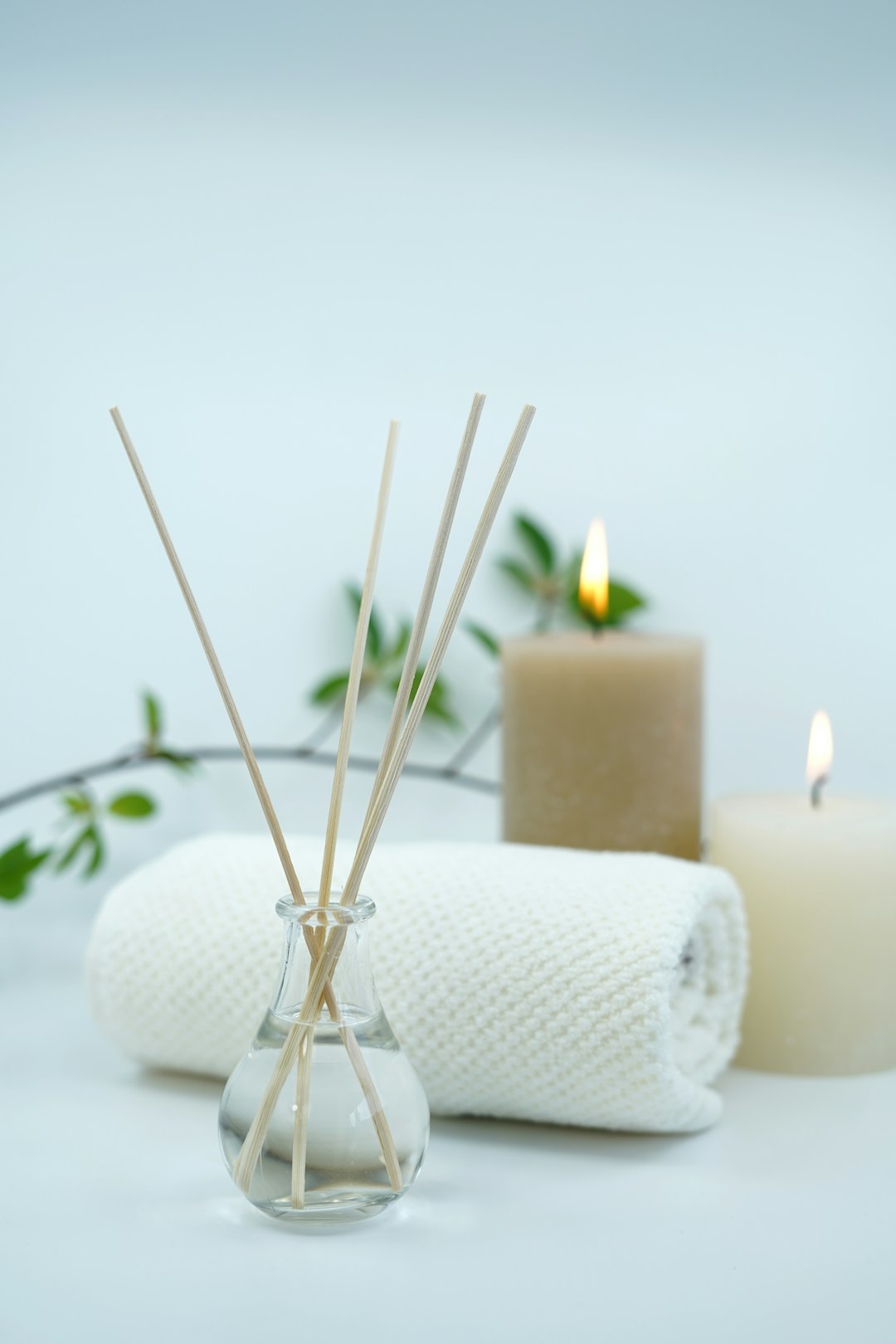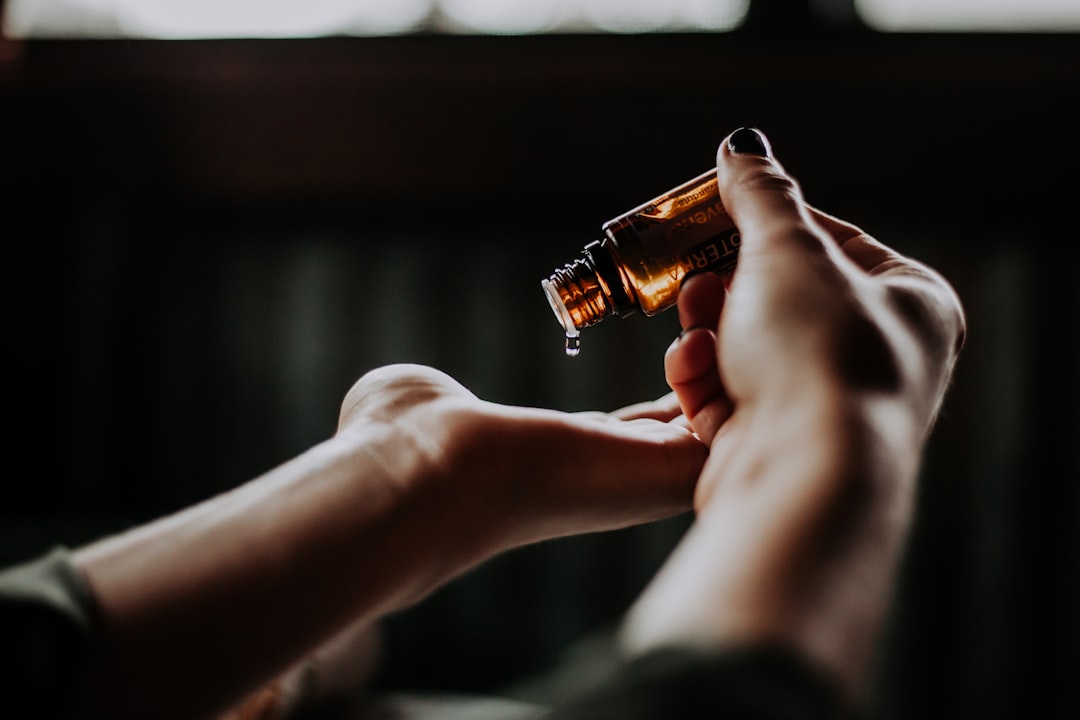When visiting spas in Queens, New York, clients have rights and protections under state regulations designed to maintain professional standards in wellness services, including consent-based services, privacy, and the right to communicate discomfort. If harassment or unconsented practices occur, victims can seek legal counsel from a qualified massage abuse attorney in New York. Unethical spa practices include administering harmful treatments without consent, using unsterilized equipment, and coercive sales tactics; clients have the right to refuse any unwanted service. Take immediate action by documenting details, contacting an attorney, informing local authorities, and reporting to regulatory bodies to protect your rights and ensure justice.
“In the soothing haven of spas, clients often seek relaxation and rejuvenation. However, awareness of one’s rights is paramount to ensure these experiences remain safe and consensual. This article guides you through the essential aspects of spa services in Queens, New York, focusing on client rights and protection against potential massage abuse. From understanding legal frameworks to recognizing unethical practices, we equip you with knowledge. Learn about your options if misconduct occurs and discover how a massage abuse attorney in New York City can provide vital support.”
Understanding Your Rights as a Spa Client in Queens, NY
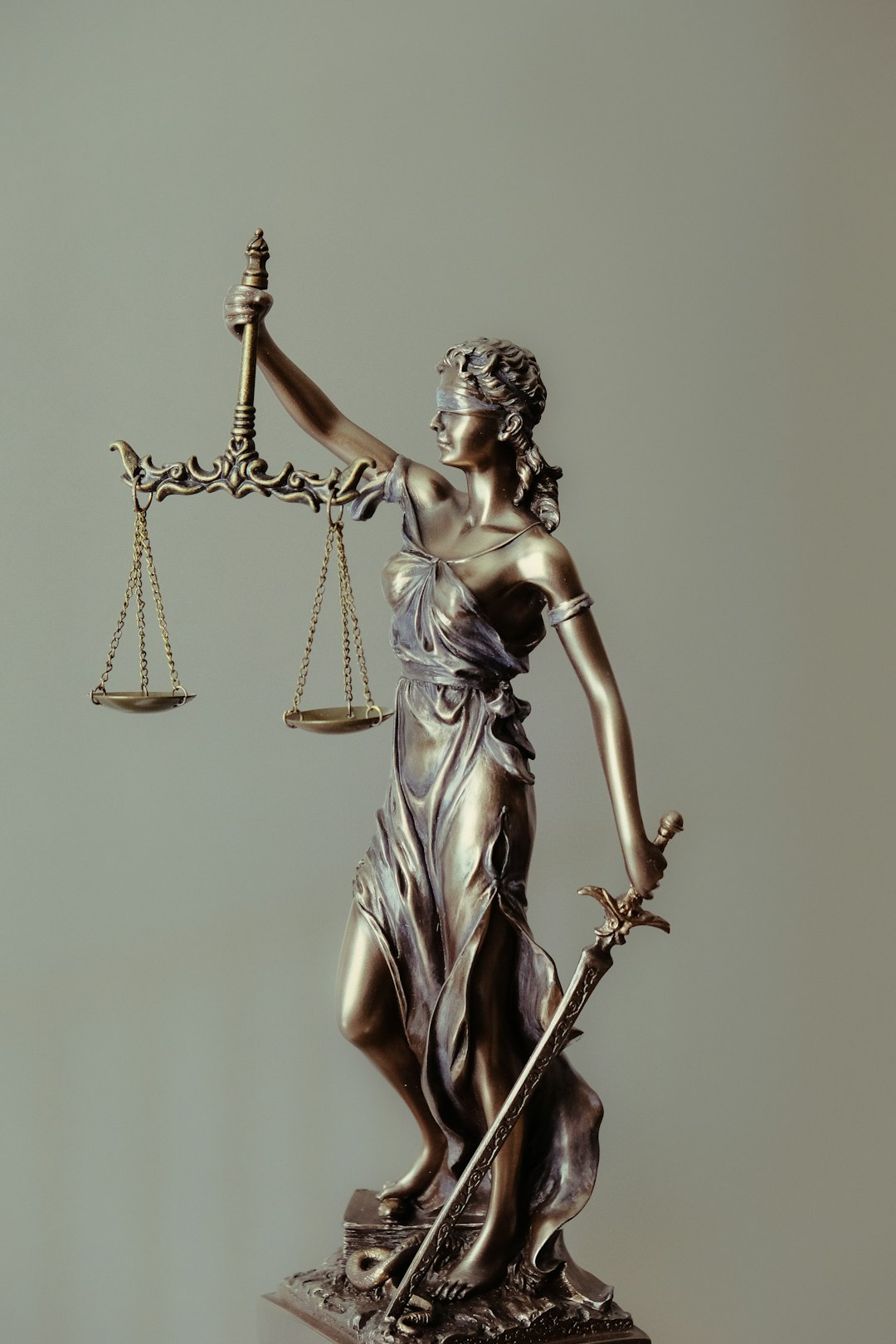
When visiting spas in Queens, New York, it’s essential for clients to be aware of their rights to ensure a safe and enjoyable experience. As consumers, you have certain protections and expectations when receiving wellness services, especially considering the intimate nature of spa treatments. Understanding these rights can help prevent potential massage abuse or missteps.
In New York state, spas and massage therapists are regulated to maintain professional standards. Clients have the right to expect consent-based services, privacy, and respect for their personal boundaries. If a client feels uncomfortable during any treatment, they have the absolute right to communicate this to the therapist and request a stop. Additionally, spa clients can seek legal counsel from a qualified massage abuse attorney in New York if they encounter any form of harassment, assault, or unconsented practices during their visit.
The Legal Framework for Protecting Against Massage Abuse

In New York, including Queens, clients receiving services at spas have certain protections against potential massage abuse. The state has established a legal framework to ensure professional conduct and client safety during therapeutic treatments. This includes licensing requirements for massage therapists, who must undergo specialized training and pass exams to obtain their credentials. Additionally, the New York State Education Department regulates schools offering massage therapy programs, ensuring they meet specific standards.
If a client experiences any form of abuse, harassment, or unprofessional conduct during a massage, it’s crucial to report it to local authorities and consider consulting a massage abuse attorney in NY. These legal professionals can guide victims through the process of seeking justice and compensation for any harm suffered. They help ensure that spas and therapists adhere to the law and maintain a safe environment for all clients.
What Constitutes Unethical or Abusive Spa Practices?
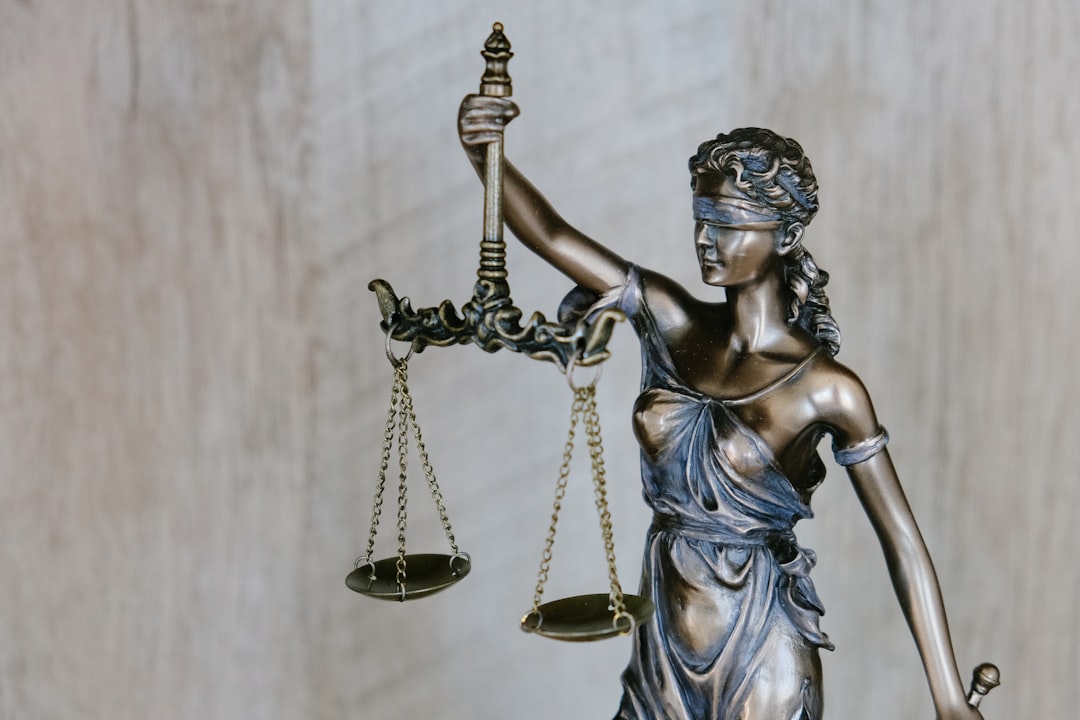
Unethical or abusive spa practices can take various forms, and it’s essential for clients to be aware of their potential risks when visiting spas in Queens, New York. One common issue is the administration of inappropriate or harmful treatments without the client’s informed consent. This may include providing services beyond a therapist’s scope of practice or using unsterilized equipment on multiple customers without proper sanitization.
Another concerning practice is coercion or pressure to purchase additional services or products, leading to excessive charges. Some spas might employ aggressive sales tactics, taking advantage of clients’ relaxation and vulnerability during their spa experience. Massage abuse attorney in New York NY emphasize that clients have the right to refuse any service they don’t want without feeling pressured or manipulated.
Steps to Take If You've Experienced Spa Misconduct
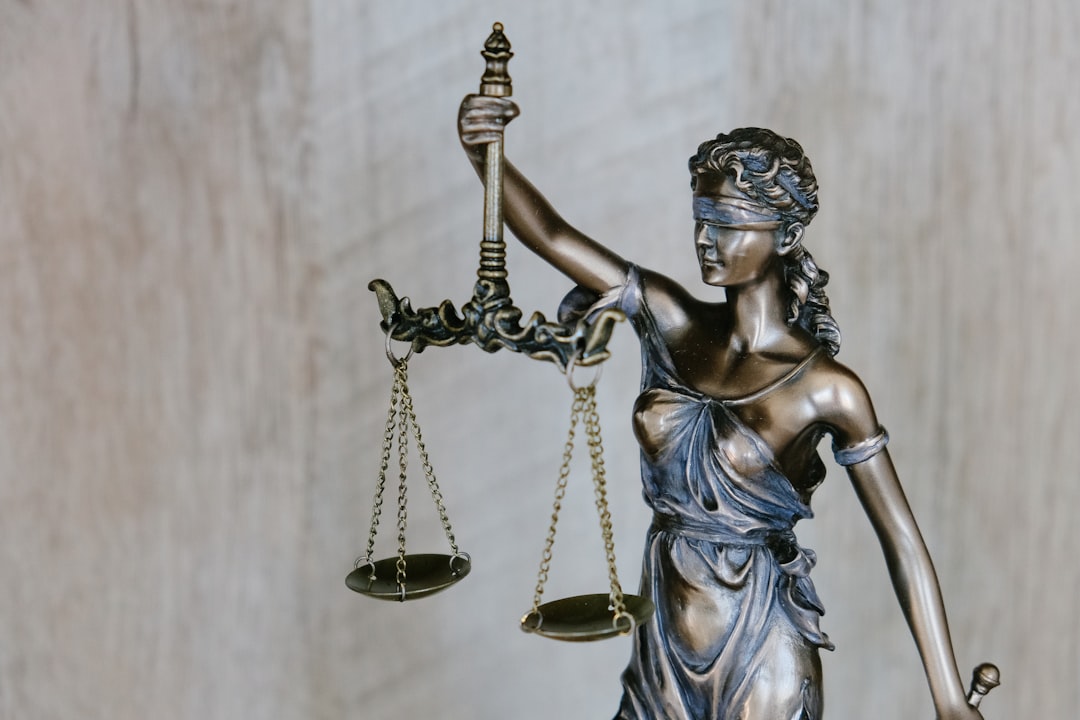
If you’ve experienced misconduct or abuse while receiving spa services in Queens, New York, there are important steps to take to protect your rights. First, document everything—note down details about the incident, including the date, time, and names of any staff involved. Keep records of any expenses related to the incident, such as medical bills or travel costs if you require further treatment. Next, contact a reputable massage abuse attorney in New York who specializes in spa misconduct cases. They can guide you through your legal options and help you understand the rights guaranteed to you under New York law.
Don’t hesitate to reach out to local authorities and file a report with the appropriate law enforcement agency. This step is crucial for gathering evidence and potentially pressing charges against the spa or individual professionals involved. Additionally, consider reaching out to regulatory bodies responsible for licensing spas in NY to file a complaint. These steps will not only help ensure justice but also deter similar incidents from occurring in the future, protecting other clients from potential harm.
Finding Legal Support: Selecting a Massage Abuse Attorney in New York City

If you’ve experienced massage abuse or negligence at a spa in Queens, New York, it’s crucial to know that legal recourse is available. The first step is to find a qualified massage abuse attorney in New York City who specializes in personal injury cases involving spas and wellness centers.
Local bar associations and online directories can be helpful resources for identifying attorneys with expertise in this area. When selecting a lawyer, look for someone with a proven track record of successfully representing clients in similar situations. This ensures you receive the best possible representation and compensation for your suffering.

